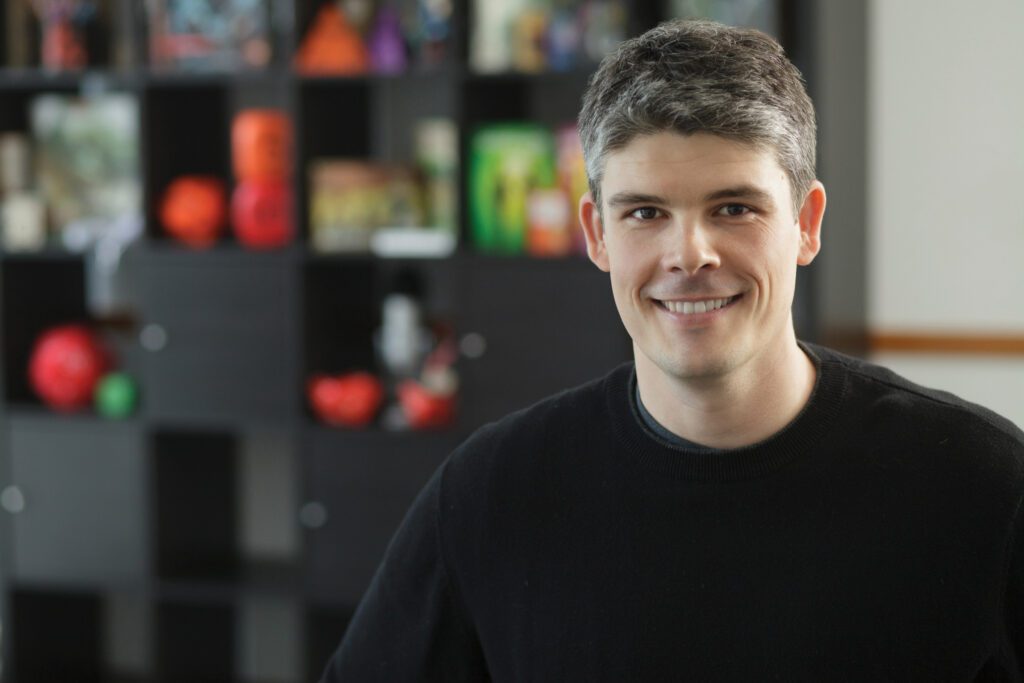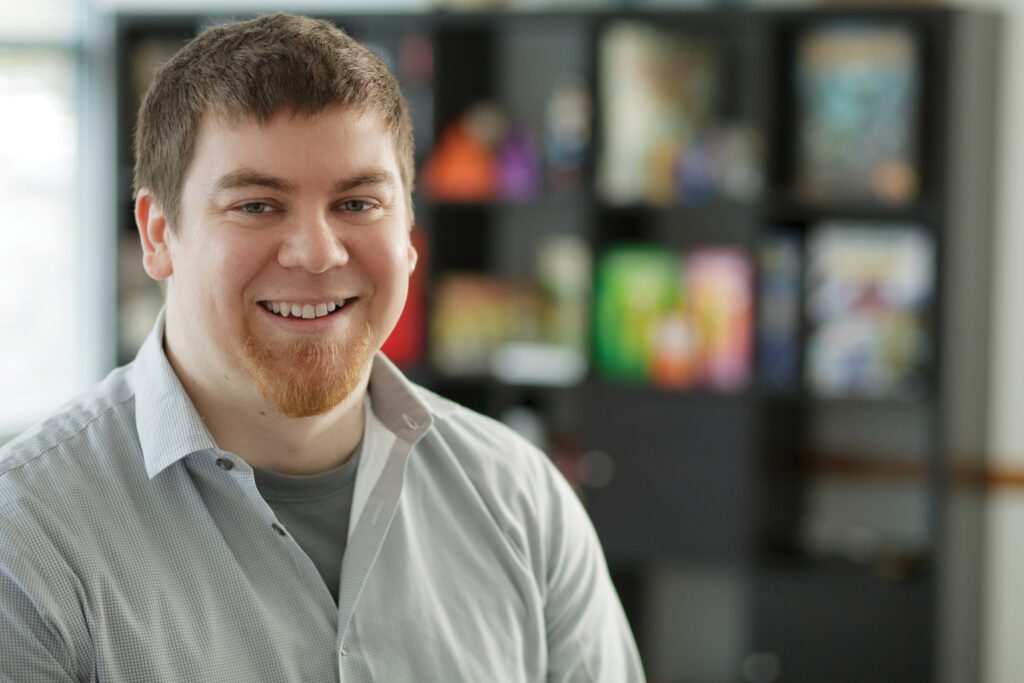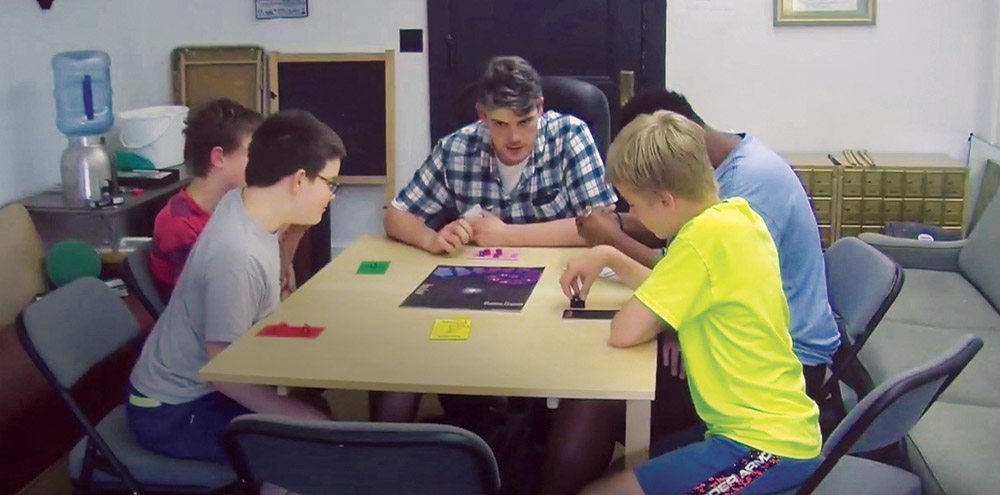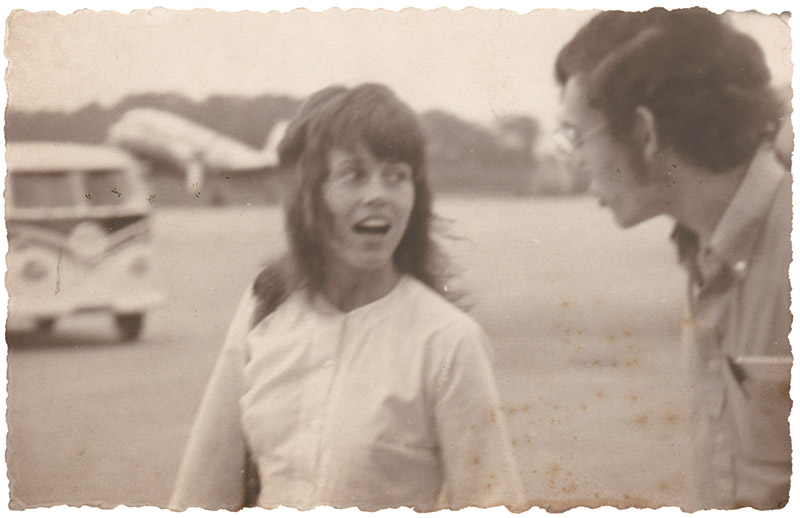Not only do Adam Johns ’13 and Adam Davis ’14 share the same first name, they also share a passion for gaming and helping young people develop social skills, creativity, and confidence. In September 2017, the two Antioch alums launched Game to Grow, which runs therapeutic social skills groups for kids using tabletop games. Game to Grow is a spinoff from Johns’ and Davis’ previous for-profit venture, Wheelhouse Workshop, which they started as graduate students at Antioch University Seattle.


Not only do Adam Johns ’13 and Adam Davis ’14 share the same first name, they also share a passion for gaming and helping young people develop social skills, creativity, and confidence. In September 2017, the two Antioch alums launched Game to Grow, which runs therapeutic social skills groups for kids using tabletop games. Game to Grow is a spinoff from Johns’ and Davis’ previous for-profit venture, Wheelhouse Workshop, which they started as graduate students at Antioch University Seattle.
The two met while Davis was earning his MAEd with a focus in drama therapy and Johns was completing an MA in couple and family therapy. Their collaboration began when Davis invited Johns to join him at a part-time job as a facilitator for a drop-in group where kids could play role-playing games, a cooperative game where players take on roles of specific characters, who then work together to achieve tasks in a fantasy realm of dwarf barbarians, goblins, and other characters. “It sounded like the best job ever,” says Johns.
Drawing on the training they received at Antioch, the two soon realized that the game’s potential—and its applications for therapy—went beyond a social activity. “We started seeing the real power of using role-playing games in an intentional way to work on specific skills and goals for the players,” Johns says.
“[Gaming] is an amazing way to create growth and insight by giving the young person an opportunity to see the strengths of their character as their own strengths and then carry not only those strengths, those skills, but also the confidence that comes from being a hero into their real life,” Davis adds.
Many of the young people they work with are diagnosed with autism, attention deficit hyperactivity disorder, or social isolation. They currently run five groups for youth ages 9 to 20 and hope to offer more in the future.
Game to Grow has applied for official IRS tax-exempt designation as a 501c3 entity, after which they will seek grant funding. Johns and Davis want to eventually work with more types of games and other demographic groups such as veterans, as well as provide training to other therapists to use gaming in their own professional practices.
One of Game to Grow’s first projects is the launch of Critical Core, a kit that helps therapists and parents use role-playing games to teach social skills.
“As a nonprofit, we will be able to reach broader audiences and to utilize a broader subset of games. We have an opportunity to make it bigger than just the two of us,” Johns says.



